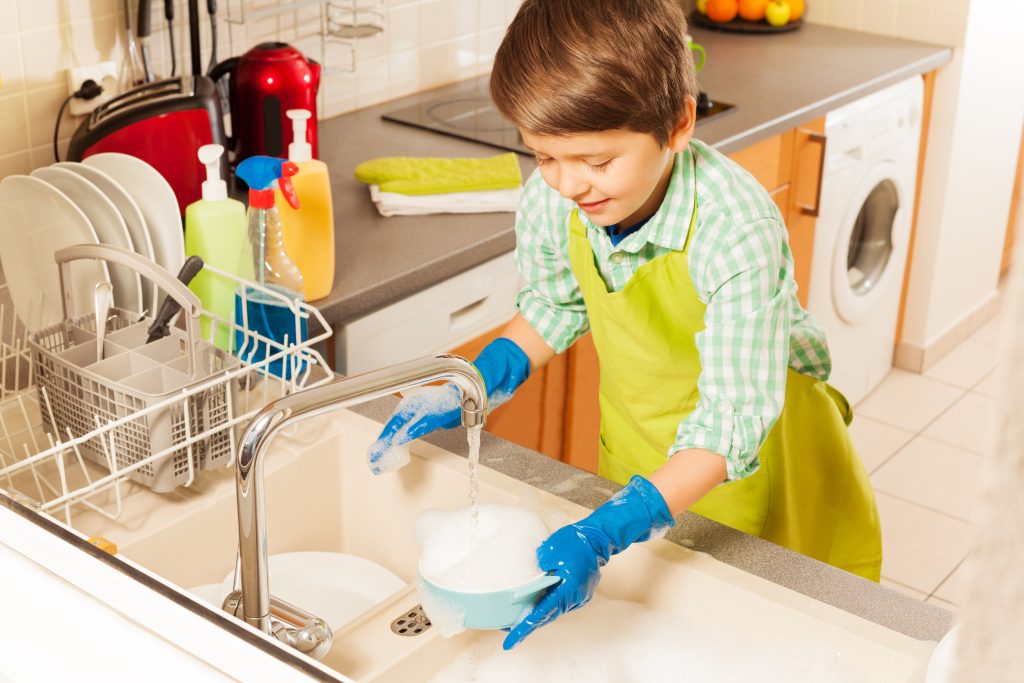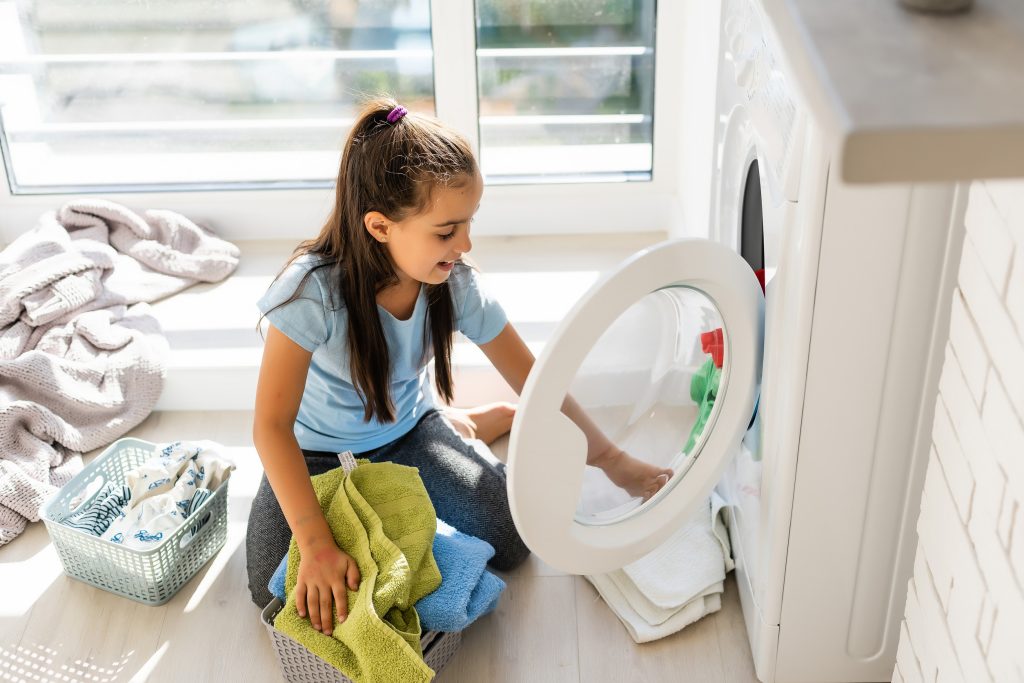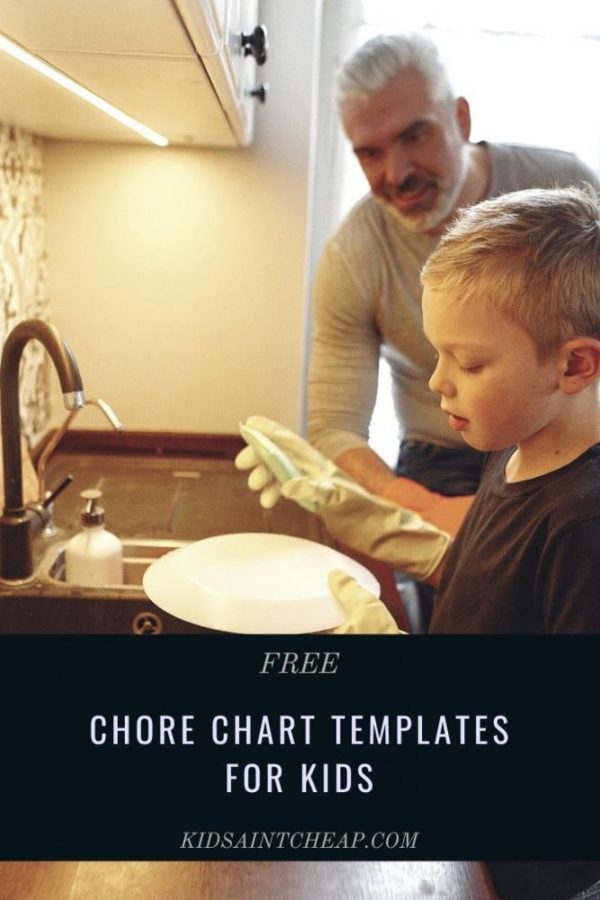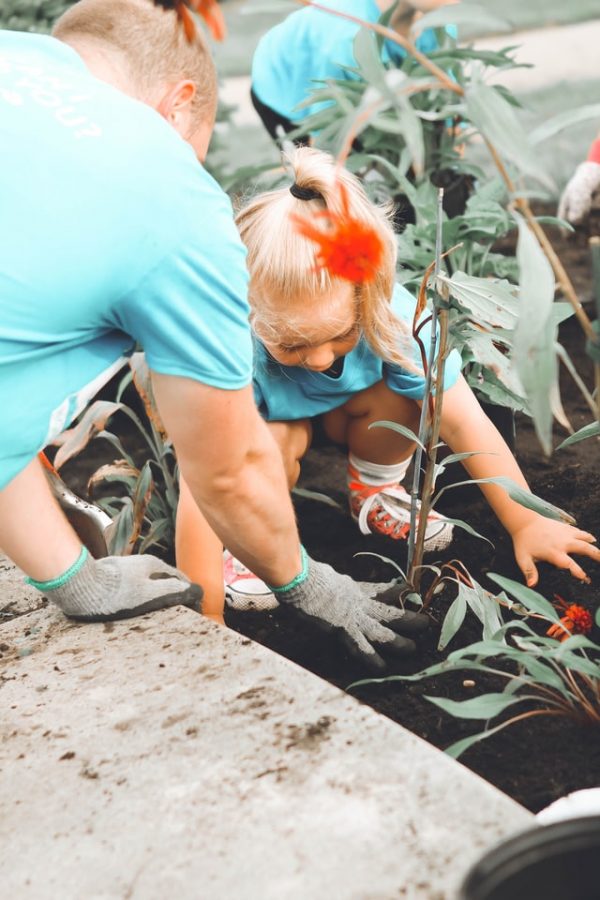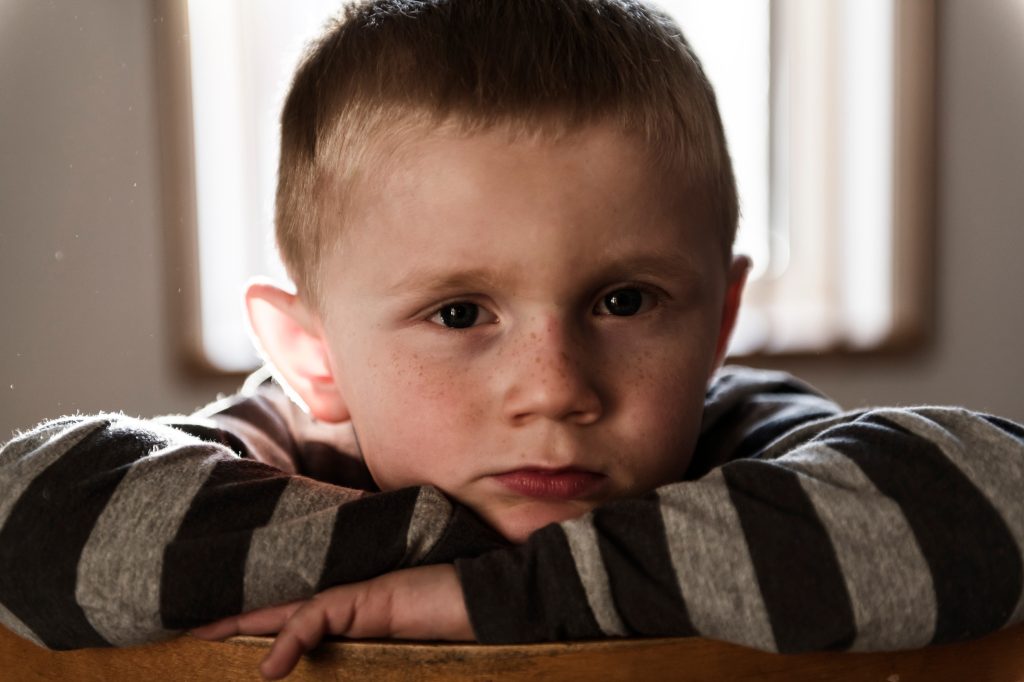
Parents often feel pressure to keep their children entertained around the clock—enrolling them in activities, handing over screens, or planning elaborate outings. But what if one of the greatest gifts we can give our kids is boredom? While it might sound counterintuitive, boredom can actually spark growth, creativity, and emotional strength in ways constant stimulation cannot. The benefits of boredom in children go far beyond simply filling time. It encourages self-discovery, resilience, and independence in ways that structured activities rarely do.
1. Boredom Sparks Creativity
When kids aren’t handed ready-made entertainment, their brains kick into gear to create it on their own. Whether it’s building a fort out of couch cushions or inventing a new game, unstructured time gives children room to stretch their imagination. Without the noise of schedules and screens, they start thinking outside the box. This kind of spontaneous creativity plays a crucial role in problem-solving and innovation. The benefits of boredom in children often start with something as simple as an idle afternoon and a cardboard box.
2. It Builds Problem-Solving Skills
When children are bored, they’re faced with a question: What now? That’s where problem-solving skills begin to grow. Instead of waiting for someone else to provide entertainment, kids start to look around and assess their options. This kind of independent thinking teaches them how to explore solutions, experiment, and adapt. Boredom pushes children to take initiative—an essential life skill that helps them succeed both academically and socially.
3. Boredom Teaches Patience
We live in a world of instant gratification, which makes patience harder to come by. But boredom gives kids a natural opportunity to practice waiting and managing discomfort. When there’s nothing exciting happening right away, they learn that not every moment needs to be filled. Over time, this strengthens their tolerance for delayed rewards and frustration. Building patience now sets the stage for better emotional regulation later in life.
4. It Fosters Independence
A bored child learns to rely on themselves for entertainment and engagement, not an adult or a device. That autonomy nurtures independence and builds confidence in their own decision-making. Instead of being spoon-fed activities, kids begin to understand their own interests and preferences. The freedom to explore their imagination without constant direction can be incredibly empowering. One of the quieter benefits of boredom in children is the way it helps them grow into more capable, self-directed individuals.
5. Boredom Can Support Emotional Growth
Children who experience boredom have the chance to sit with their thoughts, feelings, and frustrations. This helps them develop a deeper sense of emotional awareness and self-understanding. Instead of being constantly distracted, they learn how to process emotions naturally, which is vital for healthy mental development. While it may not always be comfortable, this inner stillness is where emotional resilience begins. Encouraging boredom isn’t ignoring your child—it’s trusting them to grow through quiet moments.
6. It Encourages Mindful Play
When children are bored, they often turn to play that’s slower, deeper, and more immersive. They may revisit toys they haven’t used in a while or explore nature with new curiosity. This kind of mindful, open-ended play is different than passive screen time or structured activities. It allows kids to focus, explore at their own pace, and truly engage with their surroundings. Mindful play supports longer attention spans and a stronger connection to the present moment.
7. Boredom Boosts Self-Motivation
Children who learn how to cope with boredom often become more intrinsically motivated. Instead of doing something because they were told to, they do it because they chose it for themselves. This internal drive is a powerful trait that supports academic performance, personal goals, and long-term success. Boredom creates the space for children to discover what genuinely interests them. The more they pursue these interests on their own, the more self-driven they become.
8. It Teaches the Value of Simplicity
In a world full of noise and busyness, boredom reminds children that joy can come from simple things. A stick in the backyard, a notebook and pencil, or even just lying on the floor daydreaming—these moments may seem uneventful, but they hold tremendous value. Kids don’t always need new toys or scheduled activities to feel fulfilled. Learning to appreciate simplicity builds gratitude and reduces the constant craving for more. Among the many benefits of boredom in children is the chance to discover that less really can be more.
The Gift of Letting Them Be Bored
Boredom isn’t something to fear—it’s something to embrace. In fact, it might be one of the most valuable tools we have in raising creative, resilient, emotionally healthy kids. The next time your child says, “I’m bored,” consider it an opportunity rather than a problem to fix. Trust that they have what they need to fill the silence and grow in the process. Sometimes, the best way to help kids thrive is to step back and give them space to figure things out on their own.
How do you handle boredom in your home? Have you noticed any surprising benefits when your child has to make their own fun? Share your thoughts in the comments!
Read More:
5 Innocent Mistakes That Turn Into Lifelong Bad Habits
6 Modern Parenting Trends That Might Be Doing More Harm Than Good
Catherine is a tech-savvy writer who has focused on the personal finance space for more than eight years. She has a Bachelor’s in Information Technology and enjoys showcasing how tech can simplify everyday personal finance tasks like budgeting, spending tracking, and planning for the future. Additionally, she’s explored the ins and outs of the world of side hustles and loves to share what she’s learned along the way. When she’s not working, you can find her relaxing at home in the Pacific Northwest with her two cats or enjoying a cup of coffee at her neighborhood cafe.
